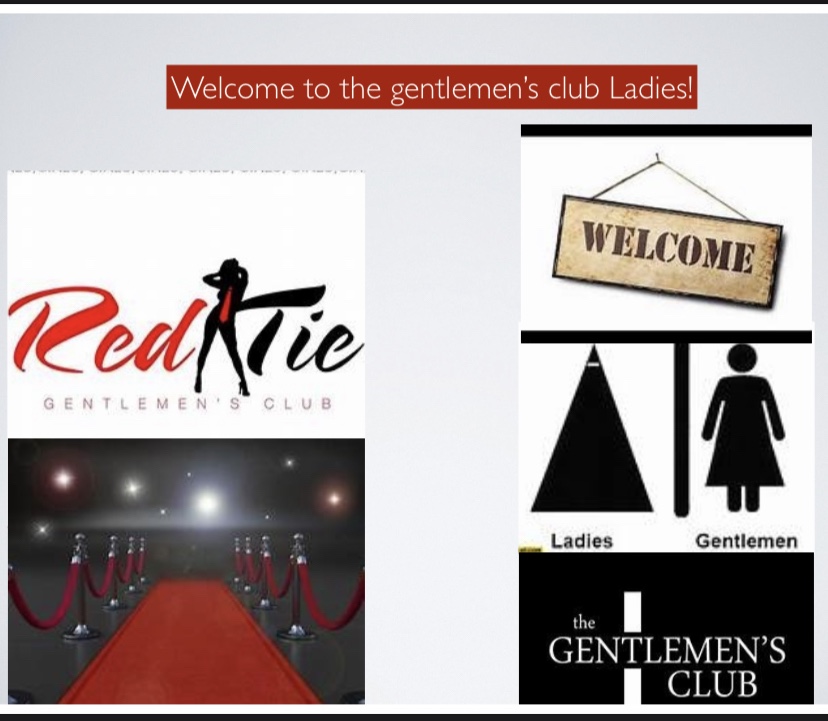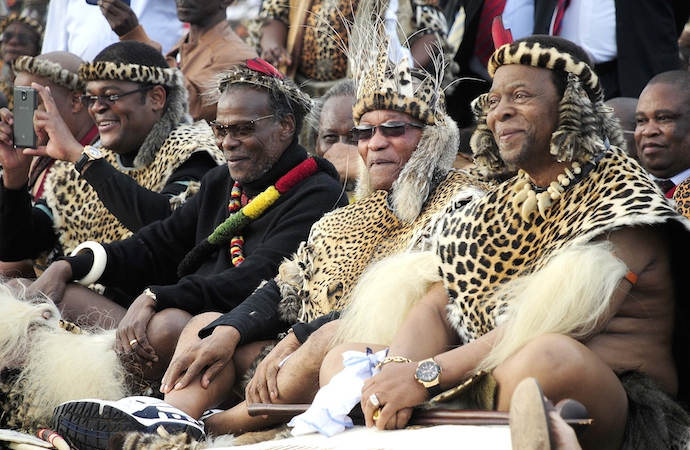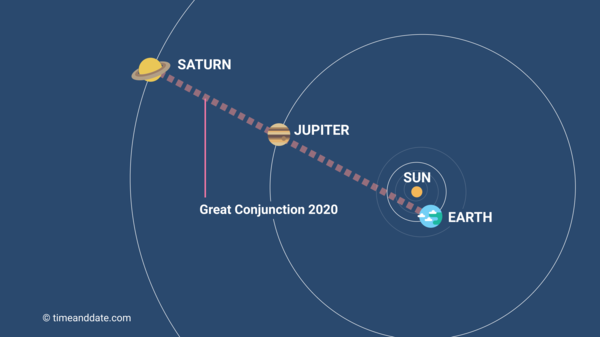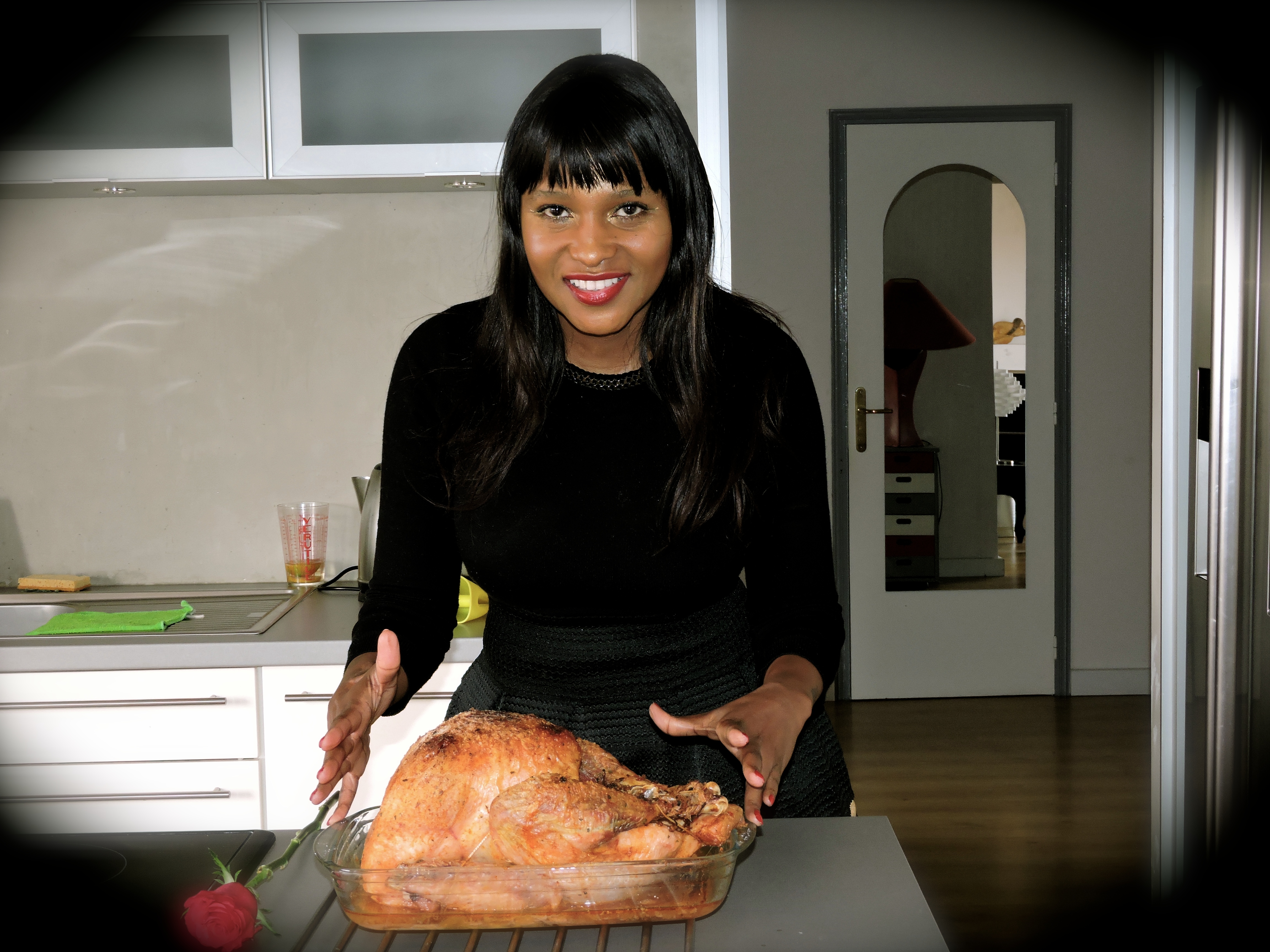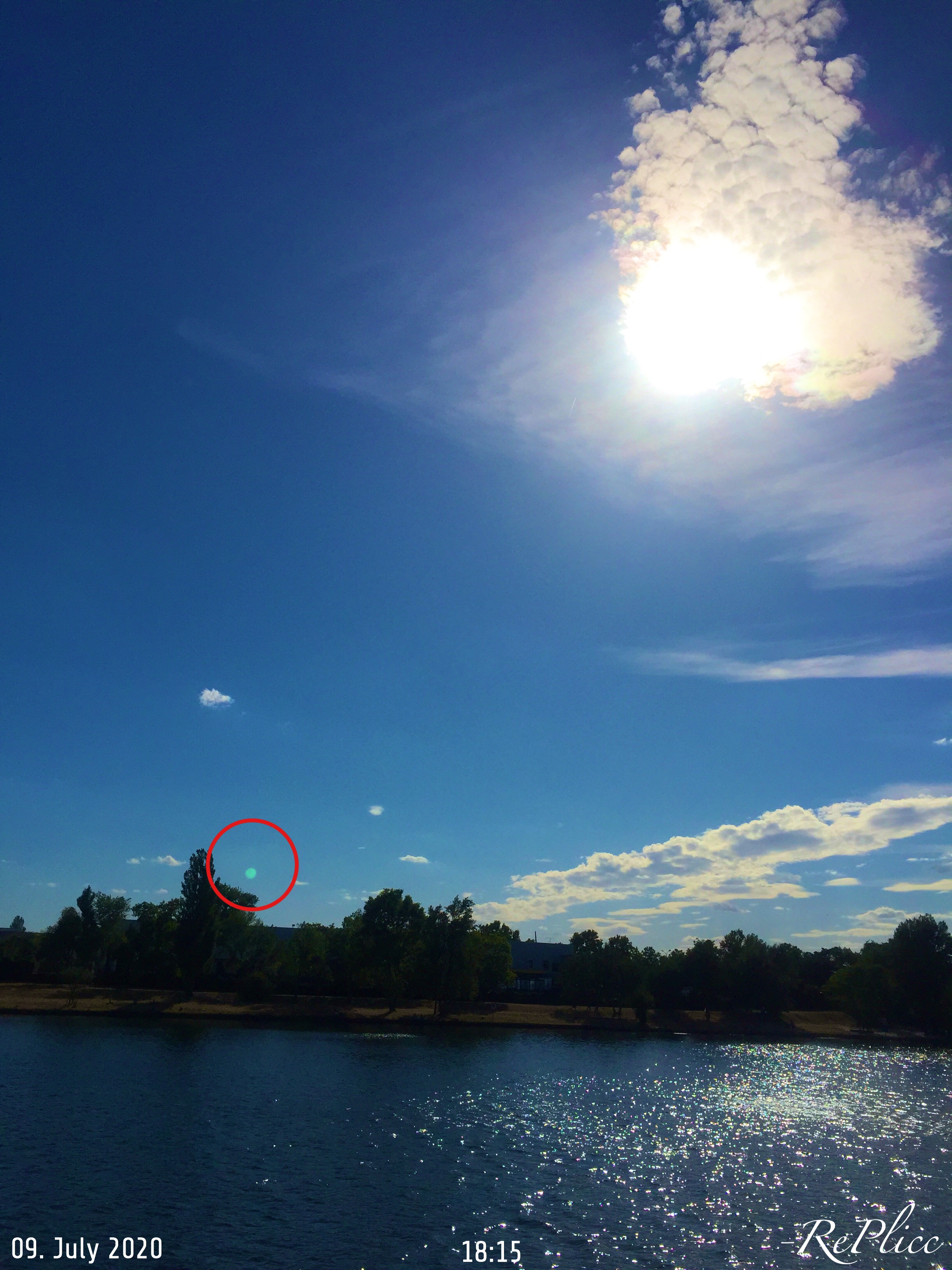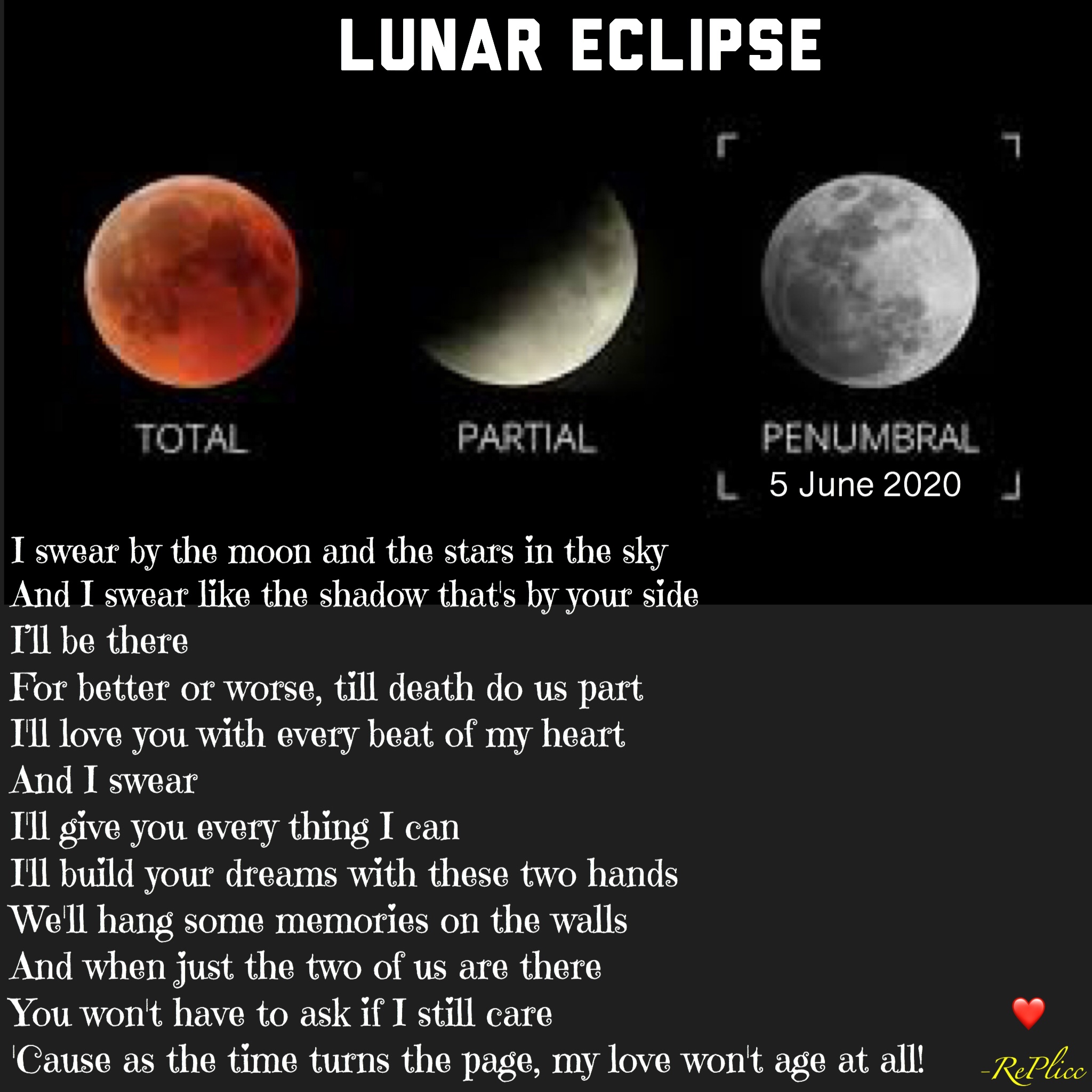August ‘13 Newsletter: Women’s Rights
 All persons are equal before the law and are entitled without any discrimination to the equal protection of the law. In this respect, the law shall prohibit any discrimination and guarantee to all persons equal and effective protection against discrimination on any ground such as race, colour, gender, language, religion, political or other opinion, national or social origin, property, birth or other status.
All persons are equal before the law and are entitled without any discrimination to the equal protection of the law. In this respect, the law shall prohibit any discrimination and guarantee to all persons equal and effective protection against discrimination on any ground such as race, colour, gender, language, religion, political or other opinion, national or social origin, property, birth or other status.
(1966, International Covenant on Civil and Political Rights, Art. 26)
Women however were sidelined in the law, they were not treated equally at home or by society. Women’s rights recognized means Africans rights are recognized. Africa is feminine. Women’s access to and control over productive resources such as land and their right to property should be guaranteed in the law and in practice. Access to land is crucial for strengthening particularly rural women’s empowerment and livelihood. Women’s access to land depends on multiple factors such as laws, inheritance, marital status and agrarian reform policies. As land is mostly mediated through husbands, fathers, brothers or sons, women’s land rights are negotiated within unequal power relationships and are not assumed to be general entitlements. Despite representing the majority of the agricultural workforce and production, women are estimated to control only 5 % of land globally. Access of women to credit is the cornerstone of economical empowerment of women. States should promote women’s access to credits, especially at rural and urban levels in order to provide women with a higher quality of life and reduce the level of poverty among women. (Based on the Preliminary study of the Human Rights Council Advisory Committee on discrimination in the context of the right to food, 2010 A/HRC/RES/13/32.)

Access to justice can be defined as the right of individuals and groups to obtain a quick, effective and fair response to protect their rights, prevent or solve disputes and control the abuse of power through a transparent and efficient process, in which mechanisms are available, affordable and accountable. States have obligations under international law to ensure access to justice. Women’s access to justice is a legal and constitutional framework that guarantees women’s rights, but without education, awareness of rights and decision making power, women are often unable to claim their rights, obtain legal aid or go to court.
Accountability is a core element of democracy and good governance. Accountability relationships help to ensure that decision-makers adhere to publicly agreed standards, norms, and goals through two processes: 1. Power-holders give an account of what they did with the public trust and national revenue; 2. Corrective action is taken, if necessary, through a process of enforcement of remedy by setting up a judicial inquiry. Gender-sensitive accountability requires that the decisions of public actors can be assessed by women and men equally and that gender equality is one of the standards against which the performance of decision-makers is assessed. In the context of violence against women, accountability means that State actors hold perpetrators accountable for their acts of violence. Accountability is crucial for upholding the human rights of women and their right to a life free from violence, particularly in countries in post-conflict situations. (Based on: UNIFEM: Who Answers to Women? Gender & Accountability. Progress of the world’s women 2008/09.)
“Adolescence” is frequently defined by several UN agencies as ranging from 10 to 19 years of age. Adolescent girls may have a higher risk of gender based violence such as rape, domestic violence, sex trafficking, forced marriage, crimes in the name of honour, sexual assault and abuse and traditional practices like female genital mutilation/cutting and dowry. Violence has profound effects on the reproductive health of adolescent girls. It can result in unwanted pregnancies, obstetric fistula and maternal mortality, unsafe abortion, and sexually transmitted infections, including HIV, and leaves deep psychological scars.
 Women’s Rights issues should be a concern to all human beings, across all genders. Women are mothers of all genders. How we treat & what we teach our women and our daughters, makes or break the nation, thus affecting the whole world. Importantly, how women view themselves within a society is crucial for the empowerment of our sons and daughters. As a result the question is directed to all of us today; “What do you see when you see your mother, your sister, your daughter, your wife, your girlfriend?” Do you see a warrior, a victor, a leader, a world changer and a mentor? Do you see her as the next Shaka Zulu, a Napoleon Bonaparte, an Alexandra the Great, a Gandhi, a Martin Luther, a Nelson Mandela? Or do you see someone weak, less smart, less daring, less bold, less gutsy and less caring about the global needs? Or perhaps you see her somewhat only being financially successful with her family falling apart, and seeing her well off only if; she is attached to a male? Do you have female role models? If so, what do they represent to you? Take a minute and think about that because it is very important what you (as an individual) think, what you believe about women and leadership.
Women’s Rights issues should be a concern to all human beings, across all genders. Women are mothers of all genders. How we treat & what we teach our women and our daughters, makes or break the nation, thus affecting the whole world. Importantly, how women view themselves within a society is crucial for the empowerment of our sons and daughters. As a result the question is directed to all of us today; “What do you see when you see your mother, your sister, your daughter, your wife, your girlfriend?” Do you see a warrior, a victor, a leader, a world changer and a mentor? Do you see her as the next Shaka Zulu, a Napoleon Bonaparte, an Alexandra the Great, a Gandhi, a Martin Luther, a Nelson Mandela? Or do you see someone weak, less smart, less daring, less bold, less gutsy and less caring about the global needs? Or perhaps you see her somewhat only being financially successful with her family falling apart, and seeing her well off only if; she is attached to a male? Do you have female role models? If so, what do they represent to you? Take a minute and think about that because it is very important what you (as an individual) think, what you believe about women and leadership.
 August is a women’s month in my birth country “South Africa” and August is an important month for me personally for various reasons connected to this cause and because it is the month in which I left South Africa for France in 2010, 9 August, the very day of Women Rights Celebration. Therefore this month’s Newsletter, we will stretch your thinking regarding law, justice and human’s right issues (focusing on women’s rights).
August is a women’s month in my birth country “South Africa” and August is an important month for me personally for various reasons connected to this cause and because it is the month in which I left South Africa for France in 2010, 9 August, the very day of Women Rights Celebration. Therefore this month’s Newsletter, we will stretch your thinking regarding law, justice and human’s right issues (focusing on women’s rights).
Human rights, civil rights and women rights laws are important fields to guarantee everyone basic freedoms and entitlements in this world.
Definition: Women’s rights are the rights and entitlements claimed for women and girls of many societies worldwide. In some places these rights are institutionalized or supported by law, local custom, and behaviour, whereas in others they may be ignored or suppressed. They differ from broader notions of human rights through claims of an inherent historical and traditional bias against the exercise of rights by women and girls in favour of men and boys.
Issues commonly associated with notions of women’s rights include (not limited to), the right: to bodily integrity and autonomy; to vote (suffrage); to hold public office; to work; to fair wages or equal pay; to own property; to education; to serve in the military or be conscripted; to enter into legal contracts; and to have marital or parental rights.
 The world population, as of today, is estimated at 7.099 billion. The ratio is 1.01 males to every 1.0 female. Total female estimate as of July 2013 is 3,523,843,881, yet represent a staggering 70% of the world’s poor. For the millions of women living in poverty, their lives are a litany of injustice, discrimination and obstacles that get in the way of achieving their basic needs of good health, safe childbirth, education and employment. Women work two-thirds of the world’s working hours, produce half of the world’s food, but earn only 10% of the world’s income and own less than one percent of the world’s property. On average, women earn half of what men earn.
The world population, as of today, is estimated at 7.099 billion. The ratio is 1.01 males to every 1.0 female. Total female estimate as of July 2013 is 3,523,843,881, yet represent a staggering 70% of the world’s poor. For the millions of women living in poverty, their lives are a litany of injustice, discrimination and obstacles that get in the way of achieving their basic needs of good health, safe childbirth, education and employment. Women work two-thirds of the world’s working hours, produce half of the world’s food, but earn only 10% of the world’s income and own less than one percent of the world’s property. On average, women earn half of what men earn.
Beginning with the law: Synonyms: rule – statute – right – act – jurisprudence.
Please recall last month’s newsletter: “The Arm Of The Lord”; “For law will proceed from Me, And I will make My justice rest as a light of the peoples… My arms will judge the people…You people in whose heart is My law”. As you may have seen the definition above stated that human rights (including women’s rights) are institutionalized through law in most countries. Law is powerful because it creates. Law is a system of rules and guidelines which are enforced through social institutions to govern behavior. You change the law, you change the behavior. Some of you may recall back in Nov 2012, we shared with you a newsletter entitled “Spiritual Blessings”: in that newsletter we explained the spiritual laws and natural laws. If you wish you can revisit it to get a better perspective.
Nonetheless, there are many laws which govern the world and human beings;
E.g. To be a woman in the world means that one is politicized from the moment of one’s birth, whether one acknowledges it or not. She gives birth to future generations, only to go home to an unequal partnership with her husband. She is paid less than men colleagues for the same position, even though she is qualified/over-qualified for that position. She is often never recognized for her contributions and is taken for granted. She is often regarded as a sex symbol. She is denied education. She is often prevented to voice her opinions and her rights to vote are taken away from her. Religion oppresses her instead of protecting her —and strangely enough, more women are religious than men worldwide. The list is endless. Her life is circumscribed by discriminating laws. The formation of laws themselves may be influenced by a constitution (written or unwritten) and the rights encoded therein. The law shapes politics, economics and society in countless ways and serves as a social mediator of relations between people—behavior and beliefs. In addition, here we see a great example of the power of the law, and the damage in which it has created towards global women oppression; as such today it is no longer the opposition who is advocating for these ideas more than women themselves who are enforcing these laws on each other.
The revelation of Planet nine or the 9th Planet will also be the revelation of the world new Sun ☀️ daughter, Re. Re came on earth to fulfill the law for women and girls for feminine continents and people who were oppressed under the masculine age laws; “To fulfill” means to uphold or establish, to fulfill, complete or accomplish. We will now participate in the United Nations and change laws in the Vatican that are oppressive to women because there are still too many people (women as well) who are daily prosecuted by the law or who are still suffering under laws that does not protect them.
Law is always related to justice (Later we will touch on justice). In most societies, people trust the law to protect them, to defend them and to justify them especially when their human rights have been violated but it isn’t always the case. Sometimes justice is served and sometimes it isn’t, it often depends to many things that have nothing to do such as money, power, citizenship, gender and age
Now what Re did for women across the globe (all human beings offcourse) was to make us just/righteous. She is a gift of righteousness. “For the promise that she would be the heir of the world was not to Abraham or to his seed through the law, but through the righteousness of faith.” “The righteousness of God” (us) represents God in grace bringing into the community through faith for us and those who had been rejected and oppressed.
The power comes when we realize that we are the righteousness of God. The word righteous begot the word “rights” —hence human rights. The righteous have the rights to speak, The righteous have the right to vote, the righteous have the right to own property, the righteous have the right to education, and so on and so forth. Ladies, we are righteous through Re, She came to fulfill the law so that nobody can ever use the law against you to oppress you in any way or form. There is no position which you can not undertake, once promoted, begin operating there with confidence; Viva, Arise O arm of the Lord! Arise Women Of Strength!
See yourself forgiven of all mistakes, past, present and future sins and know that in the Heavenly court you have been declared not guilty. It is your new covenant rights in Re. All heavenly rights are yours! If you already have all your rights in heaven, then what is earth to you?
Social Justice
Justice: Synonyms: fairness – equity – right – righteousness – justness.
Justice is not blind, says Nelson Mandela in his book “Long Walk To Freedom”.
Plato and Aristotle including many other philosophers has investigated social justice extensively and produced literature after literature. Why? Because it can be objective and very much linked to virtue and virtue is linked to religion, tradition and culture. My observation is that social justice is hard to administer under masculine rules even when we have the best democratic systems to govern our countries because we live in a very diverse world with different set of beliefs. “I, Re shall use justice as a plumb-line, and righteousness as a plummet”
 The nature of justice has two major aspects. First, it is the standard by which penalties are assigned for breaking the obligations of the society. Secondly, justice is the standard by which the advantages of social life are handed out, including material goods, rights of participation, opportunities, and liberties. We have already established that you and I are the arms of the Lord, remember “For law will proceed from Me, And I will make My justice rest as a light of the peoples… My arms will judge the people…You people in whose heart is My law”. We need to understand the world’s view of justice and the Great Mother’s kingdom’s view of justice. There is not a distinction between personal, voluntary justice and a legal, public justice. The caring for those in need of protection is required of the leader.
The nature of justice has two major aspects. First, it is the standard by which penalties are assigned for breaking the obligations of the society. Secondly, justice is the standard by which the advantages of social life are handed out, including material goods, rights of participation, opportunities, and liberties. We have already established that you and I are the arms of the Lord, remember “For law will proceed from Me, And I will make My justice rest as a light of the peoples… My arms will judge the people…You people in whose heart is My law”. We need to understand the world’s view of justice and the Great Mother’s kingdom’s view of justice. There is not a distinction between personal, voluntary justice and a legal, public justice. The caring for those in need of protection is required of the leader.
These include widows, orphans, resident aliens (also called “sojourners” or “strangers”), wage earners, the poor, and prisoners, slaves, and the sick. Re fitted perfectly under all the category of the needy groups; one can say Re knows what it means to be a single parent. Re was made an orphan in France after being neglected and abandoned by her company in France, Re is that stranger in a foreign country and Re is an African woman (the very least of all category in human society according to masculine age). Today She stands before you representing victory and justice of a woman.
Each of these groups have specific needs which keep its members from being able to participate in aspects of the life of their community. Even life itself might be threatened. Justice involves meeting those needs. The forces which deprive people of what is basic for community life are condemned as oppression. To oppress is to use power for one’s own advantage in depriving others of their basic rights in the community. To do justice however, is to correct that abuse and to meet those needs. Injustice is depriving others of their basic needs or failing to correct matters when those rights are not met. Injustice is either an evil act of commission or of omission.
 Women’s Rights is at the core of our cause. We truly believe that this was the mandate issued by our Mother God before we were born. My sisters, the brothers and I have been called for such a time as this to work together as the arm of the Lord in rescuing societies and many women in bondage and take the Lord’s justice locally and across the shores. Together our lives journeys individually have prepared us for this great cause, actually we and all members of the GWRM feel chosen by this cause. We believe that this will improve economic state of many countries and offer better opportunities for many families especially in developing countries. Many families in developing countries have no fathers, as such women single handedly are raising the children, therefore we stand against all injustice against women.
Women’s Rights is at the core of our cause. We truly believe that this was the mandate issued by our Mother God before we were born. My sisters, the brothers and I have been called for such a time as this to work together as the arm of the Lord in rescuing societies and many women in bondage and take the Lord’s justice locally and across the shores. Together our lives journeys individually have prepared us for this great cause, actually we and all members of the GWRM feel chosen by this cause. We believe that this will improve economic state of many countries and offer better opportunities for many families especially in developing countries. Many families in developing countries have no fathers, as such women single handedly are raising the children, therefore we stand against all injustice against women.
“The Declaration of the Rights of Women and the Female Citizen” is modeled on “The Declaration of the Rights of Men and of the Citizen” after the French Revolution, which had been devoted to equality. It states that: “This revolution will only take effect when all women become fully aware of their deplorable condition, and of the rights they have lost in society”.
If you don’t know what you have lost, how can you fight for what you should have? This is no longer a French revolution; this is the new world’s revolution; the feminine world revolution. Join us in this cause and be part of a movement that will bring healing and transformation around the world.



